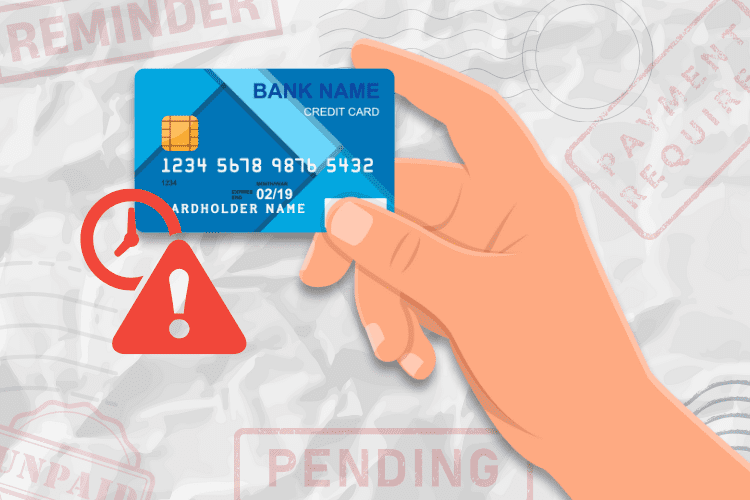How You Can Save Money On Your Taxes If You Work From Home

Working from home can be a fantastic experience. Every day is casual Friday, you avoid the commute, and you can get more flexibility with your schedule. But it’s not all great.
Setting up a home office can be expensive considering that you need to get all the tech and supplies your job demands on your own.
Luckily, the government can help you out in the form of tax deductions. If you work from home, you’re eligible for certain tax deductions that standard office workers aren’t.
In general, the IRS guidelines state that for an expense to be deductible, it “must be both ordinary and necessary,” which is a good baseline to help determine what you can and can’t deduct.
Note: These tax deductions generally apply to people who are self-employed, not freelancers or remote workers. The IRS explained why in its Tax Guide for Small Business.
What You Can Deduct
To deduct business expenses, you’ll need to itemize each expense on your return, so be sure to keep receipts and records.
1. Office Supplies/Equipment
Property, supplies, and furniture purchased for business use are deductible. Just use your best judgment to decide what to actually deduct.
Staplers, pens, and paper? Deduct. Your desk and desk chair? Deduct. That small Bonzi plant on your desk that gives you inspiration? Probably not.
2. Home Office
To have your home office qualify for a deduction, it must be:
- Regularly and exclusively used for work.
- The principal place of your business.
If you do have a separate workspace in your house, find out what percentage of your home’s square footage it occupies. If your home is 1,000 square feet and your workspace is 100 square feet, you can deduct 10% of certain home expenses like rent and utilities.
3. Travel Costs
While working from home generally cuts out commuting, you’ll still probably need to travel to meet with clients. Fortunately, you can deduct the costs of transportation, meals, and lodging, that come out of your pocket.
4. Advertising/Marketing
Getting the word out about your business is a crucial expense, which means you can deduct any marketing spending. This can range from something as simple as business cards to purchasing upgrades on WordPress for your website.
5. Relevant Training
You can deduct the expenses for any education that maintains or improves your job skills. The only catch is you cannot deduct education costs that help you reach the minimum requirements for your job.
Whether you take an online seminar or an in-person class, you can deduct it.
6. Paid Services
If you hire consultants, advisors, or anyone else to help your business, you can deduct the cost of hiring them.
So don’t hesitate to hire a marketing consultant or an IT guy! Knowing about these deductions can help give you the boost you need to grow your business.
7. Health Insurance
To deduct your health insurance costs, you need to meet certain requirements.
- You’re self-employed.
- Your business is claiming a profit for the tax year.
- You were not eligible for coverage from an employer or under your spouse’s plan during the months you’re claiming.
If all that applies to you, you can deduct 100% of your health insurance premiums for yourself and anyone else covered by your policy.
See also: 13 Essentials You Need to Work From Home









